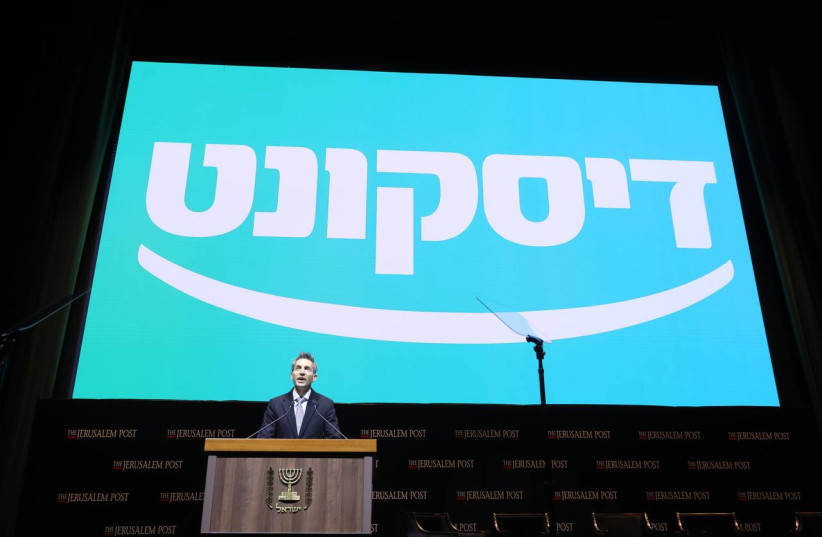The profits of Bank Hapoalim, Bank Mizrahi-Tefahot and Bank Discount increased in the first half of 2022 by 16.4%, compared to the corresponding period last year, and amounted to NIS 6.86 billion, according to announcements made last week.
According to the reports, profits were positively affected by the increase in interest rates and inflation but were negatively affected by accounting for credit losses compared to profits in the corresponding period. The highest return on capital (20.6%) was presented by Bank Mizrahi Tefahot under the management of Moshe Leri.
The bank was also the only one to show an increase in profit in the second quarter, with more than NIS 1 billion, one of the highest in its history.
Mizrahi Tefahot, with an excellent efficiency ratio of 44%, overtook Discount, and after many years became the third largest in the country in terms of most indicators following the merger with Bank Igud. Their median profit amounted to NIS 2.2 billion compared to NIS 1.66 billion at Discount.
Mizrahi profit in the second quarter amounted to NIS 1.05 billion compared to NIS 680 million at Discount. Credit granted to the public amounted to NIS 298.2 billion compared to NIS 232 billion at Discount. Public deposits totaled NIS 328 billion compared to NIS 283 billion at Discount.

In fact, only Discount's equity (NIS 24 billion) is higher than that of Mizrahi Tefahot (NIS 22 billion), which is due to Discount's raising of NIS 1.4 billion in share capital and an accelerated dividend distribution policy in Mizrahi Tefahot.
Lery stated that these results reflect a continuation of momentum for growth that has characterized the bank in recent years, reflecting a background of developments in the macroeconomic environment and an increase in interest rates which shows on the bank's balance sheet.
He also added that "despite a slowdown, the economy showed strength and generated a high level of demand for credit. The merger with Igud has proceeded as planned, and so far tens of thousands of Igud customers have joined Mizrahi."
"Despite a slowdown, the economy showed strength and generated a high level of demand for credit. The merger with Igud has proceeded as planned, and so far tens of thousands of Igud customers have joined Mizrahi."
Bank Mizrahi-Tefahot CEO Moshe Leri
Bank Hapoalim managed by Dov Kotler earned an average of NIS 3 billion, an increase of 7% compared to the first half of 2021. The profit represents a 13.9% return on capital which is NIS 44.2 billion. In the second quarter, the bank earned NIS 1.3 billion, a decrease of 6% from the previous quarter
The decrease is explained by the shift from income from credit losses to an expense of NIS 91 million for credit losses in the current quarter. The bank renewed the dividend distribution policy and will distribute NIS 403 million.
The efficiency ratio continued to improve in the second quarter and amounted to 48.8%.
The data also shows that revenues for the quarter increased by 15.7% to NIS 4 billion and credit to the public increased by 5.5% to NIS 372 billion. In July, agreements were reached with Isracard for a new eight-year operating agreement.
In August, a cooperation agreement was signed to establish a customer club with Electra consumer products and the Cal credit company for 12 years based on a non-bank credit card.
